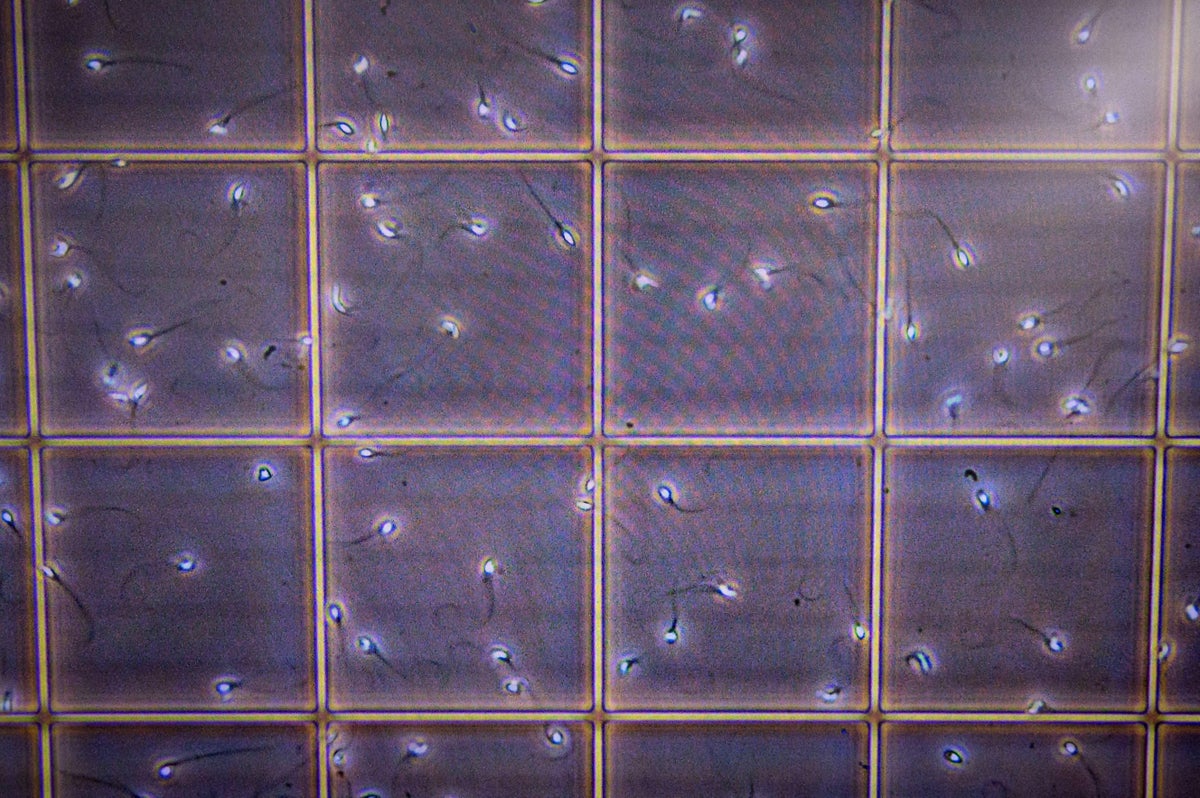
Sperm counts among men in Asia, Africa and South and Central America have declined over the last five decades and a similar trend, earlier spotted in North America, Europe, and Australia, has accelerated further, warns a new study.
This trend is not just a sign of a decline in human fertility, but is also an indicator of men’s health overall as low sperm count is linked to an increased risk of chronic disease and a decreased lifespan, said researchers, including those from the Hebrew University of Jerusalem.
The analysis, published in the journal Human Reproduction Update, includes data from 53 countries and focused on sperm count trends among men in regions not reviewed previously.
Researchers included additional seven years of data collection (2011-18) with the overall analysis assessing data from 223 studies based on semen samples collected during 1973–2018.
Scientists said in a press release that the sperm count decline in North America, Europe, and Australia has continued and accelerated “alarmingly” post 2000.
“Overall, we’re seeing a significant worldwide decline in sperm counts of over 50 per cent in the past 46 years, a decline that has accelerated in recent years,” study co-author Hagai Levine from the Hebrew University of Jerusalem said in a statement.
Scientists speculate that disturbances in the development of the reproductive tract during foetal life could be linked to lifetime impairment of fertility and other markers of reproductive dysfunction.
The findings “serve as a canary in a coal mine”, cautioned researchers, adding that lifestyle choices and chemicals in the environment are “adversely affecting this fetal development”.
“We have a serious problem on our hands that, if not mitigated, could threaten mankind’s survival. We urgently call for global action to promote healthier environments for all species and reduce exposures and behaviours that threaten our reproductive health,” Dr Levine said.
Low sperm counts, scientists said, also reflect on men’s health more generally, linked with other trends termed as testicular dysgenesis syndrome.
“The troubling declines in men’s sperm concentration and total sperm counts at over 1 per cent each year as reported in our paper are consistent with adverse trends in other men’s health outcomes, such as testicular cancer, hormonal disruption, and genital birth defects, as well as declines in female reproductive health,” said Shanna Swan, another author of the study from the Icahn School of Medicine, Mount Sinai, New York.
“Data suggest that this worldwide decline is continuing in the 21st century at an accelerated pace. Research on the causes of this continuing decline and actions to prevent further disruption of male reproductive health are urgently needed,” researchers wrote in the study.







